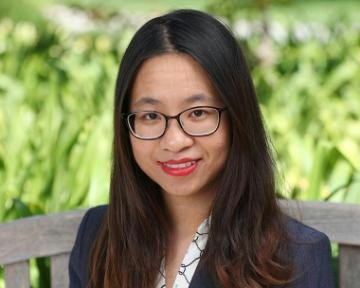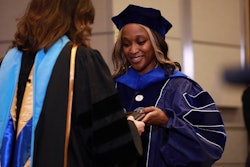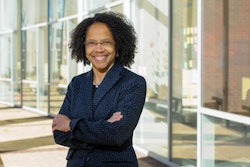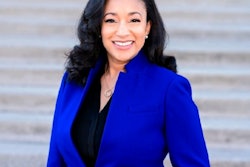Fewer women pursue careers in physics than biology, according to a new Rice University study. Dr. Di Di
Dr. Di Di
The study, "Scientists explain the underrepresentation of women in physics compared to biology in four national contexts", looked at survey data from biologists and physicists from four countries – U.S., Italy, France, and Taiwan – to see how these scientists explained why this disparity within the two fields exists.
According to the study, scientists attribute this disparity to individual choice, that fewer women are in physics because of personal preference. However, the study authors warned that viewing the gap as such risks overlooking underlying gender issues that may have influenced these preferences.
Past studies have shown issues with women being excluded from professional networks because of their gender, being penalized for motherhood, and not having sufficient access to mentoring. Research has also been done that showed that women are influenced early on by parents’ gender roles and occupations.
“These barriers ultimately prevent women from entering, persisting and advancing in academic science along different points in the pipeline,” said study author Dr. Di Di, an assistant professor of sociology from Santa Clara University.
Dr. Elaine Howard Ecklund, Herbert S. Autrey Chair in Social Sciences at Rice University, and Dr. Esther Chan, an assistant professor of sociology at University of Wisconsin-Milwaukee, serve as the study’s other authors.





















